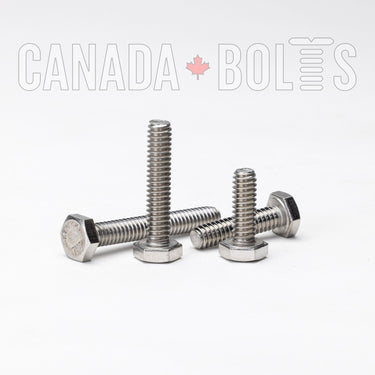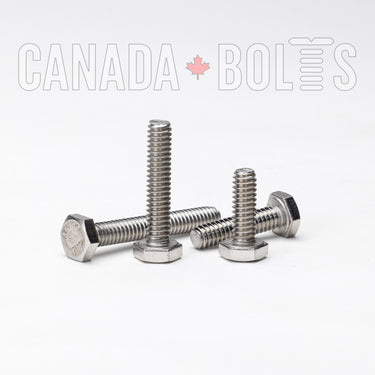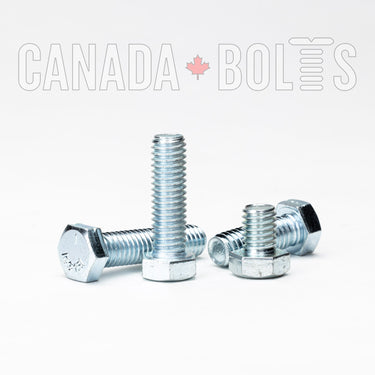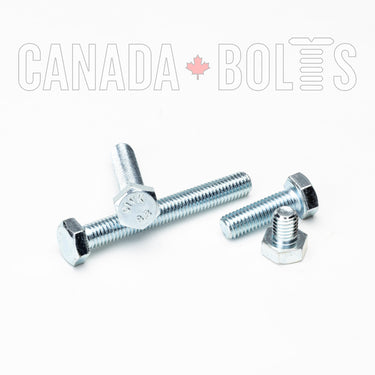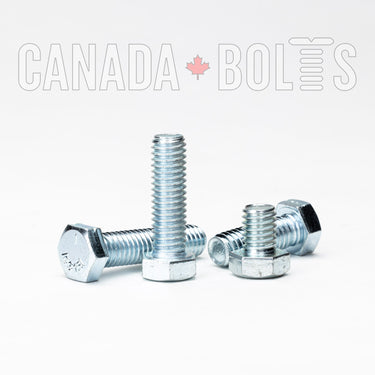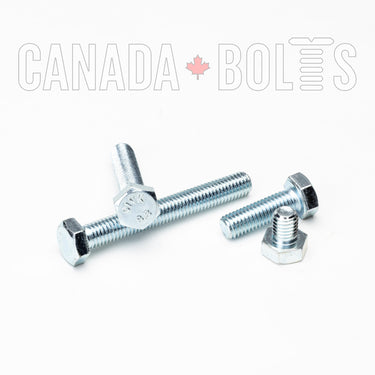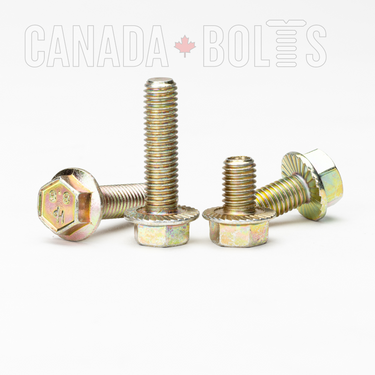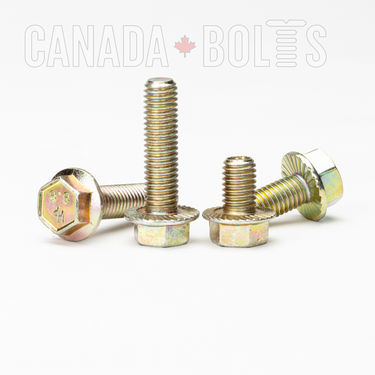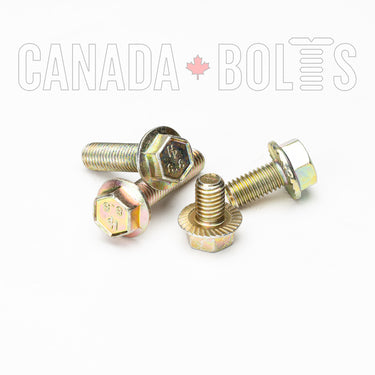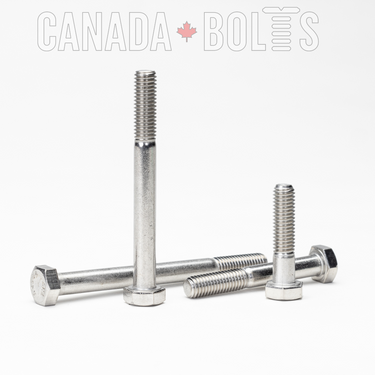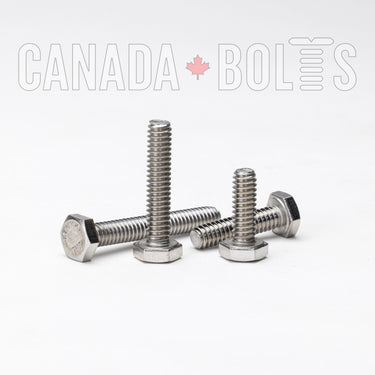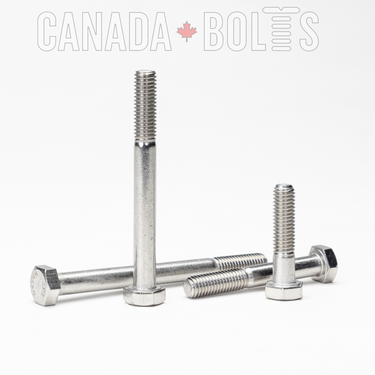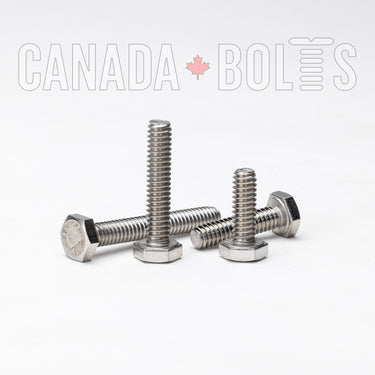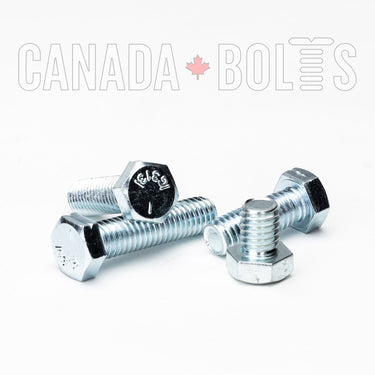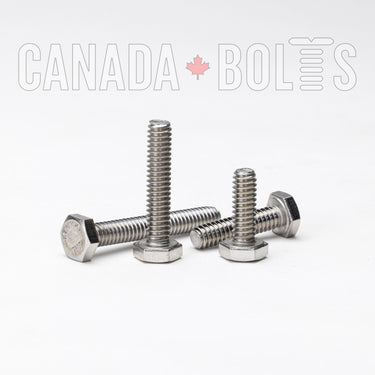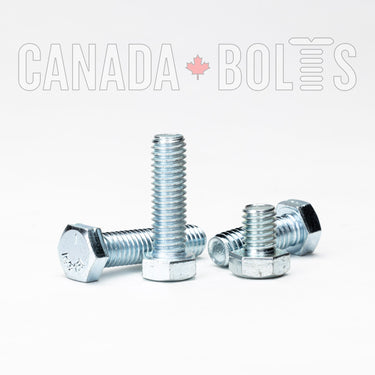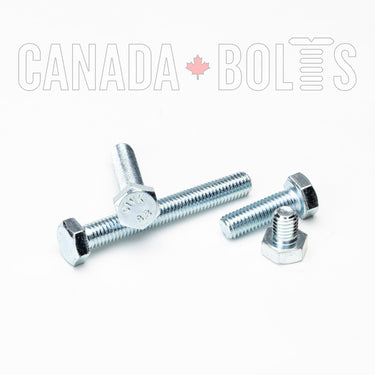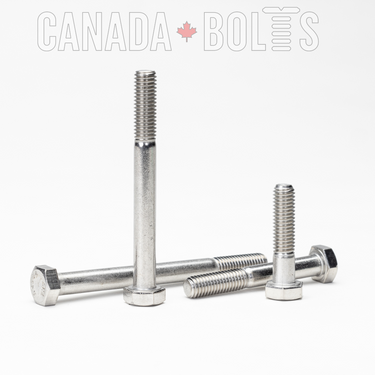Metric bolts are used in many industries because they offer reliable fastening solutions for projects in construction, automotive, and many other industries. They are known for their precision and strength, ensuring compatibility and performance.
What Are Metric Bolts?
Metric bolts are fasteners designed according to the metric system. They are known by their size measurements in millimetres. These bolts are popular worldwide because of their uniformity, making them a first choice for every global project. Their key features include:
-
Precision-engineered threads.
-
A variety of grades to suit specific load requirements.
-
Compatibility with metric hardware, including nuts and washers.
Understanding Metric Bolt Sizes
Metric bolt sizes are important for every project. They don't have imperial measurements, their sizes are measured in millimetres, providing precise and standardized dimensions that ensure compatibility and reliability. Here's a breakdown that will help you understand metric bolt sizes in detail:
How Metric Bolts Are Sized
Metric bolt sizes are defined by using three key measurements:
-
Diameter: This refers to the outer diameter of the bolt's threaded section. It is measured in millimetres and common diameters include M6, M8, M10, and M12.
-
Thread Pitch: The thread pitch measures the distance between threads. It is measured in millimetres and can be coarse (standard) or fine.
-
Length: The length of the bolt is the distance from the underside of the head to the end of the threaded shaft. They come in various lengths that are used in many applications.
Standard Metric Bolt Sizes
Here are some sizes of metric bolts used in various applications:
-
M6 x 1.0 x 20mm: These size bolts are suitable for light-duty applications like securing brackets or small equipment.
-
M8 x 1.25 x 50mm: They are used to fix furniture and medium-load applications.
-
M10 x 1.5 x 100mm:Thisse size is perfect for automotive and machinery components.
-
M12 x 1.75 x 150mm: You can buy this size bolt for structural and industrial projects.
Types of Metric Bolts
Metric bolts come in various types and every bolt is designed to meet specific requirements and applications. Here are the types of bolts:
Carriage Bolts
Carriage bolts have a smooth and rounded head with a square neck under the head to prevent rotation during installation. These bolts are used in wood-to-metal or wood-to-wood fixing like furniture assembly, decks, and fences.
Key Features:
-
Rounded head for a clean and finished look.
-
Square neck to fit it securely without additional tools.
-
Perfect for outdoor use when made from corrosion-resistant materials like stainless steel.
Flanged Bolts Serrated
Flanged bolts have already added flange at the base of the head that acts as a washer, to distribute the load evenly and prevent damage to the surface. Serrated flanges give additional grip by reducing the likelihood of loosening because of vibration.
Key Features:
-
Mainly used in vibration-prone industries like automotive and machinery.
-
Keeps the grip on engines or heavy equipment.
-
Quick and easy to fix or remove without the need for separate washers.
Shoulder Bolts
Shoulder bolts are also known as stripper bolts. They have a smooth and cylindrical shoulder between the threaded portion and the head. They are used as pivot points, axles, or guides in applications requiring precise alignment.
Key Features:
-
It has a smooth shoulder that allows for rotational or sliding motion.
-
You can use them in mechanical devices like pulleys, linkages, and tooling fixtures.
-
They are available in various shoulder lengths and diameters for different requirements.
Metric Hex Bolts
Metric hex bolts are mainly used in industrial applications because of their versatility and ease of use. They have six-sided heads and can be easily tightened or loosened using a wrench or socket.
Key Features:
-
They are easy to fit and remove in construction projects, including steel structures and frameworks.
-
They are compatible with a wide range of metric hardware.
-
They are available in various lengths and diameters to meet project needs.
Metric Stainless Steel Fasteners
Metric stainless steel fasteners can resist rust and corrosion. These bolts are perfect for applications that are exposed to moisture, chemicals, or harsh weather.
Key Features:
-
They are made from durable materials like 304 or 316 stainless steel.
-
They are available in multiple grades, including 4.6 and 8.8, to match different load capacities.
-
They are used in marine, outdoor, and food processing applications.
Metric Grade 8 Bolts
Metric grade 8 bolts are used in high demanding applications that needs adjustable strength. These bolts are heat-treated and can improve load-bearing capacity and durability.
Key Features:
-
They have excellent strength for heavy loads.
-
They are resistant to wear and tear under stress.
-
They can be used in applications used in industrial and construction industries.
Benefits of Using Metric Bolts
Metric bolts are used in various industries and application and are also very easy to find. Here are few benefit of using metric bolts for your project:
-
Global Standardization: Metric bolt have various sizes and are recognized internationally, because they are easy to fix and remove.
-
Durability: If you buy high-grade bolts they will provide excellent resistance to wear and tear.
-
Corrosion Resistance: Stainless steel and coated bolts will kast for long time in harsh environments.
-
Ease of Use: They are compatible with metric hardware so you can fit and remove them easily.
Maintenance and Care for Metric Fasteners
If you take proper care of metric fasteners will extend their lifespan and make sure reliable performance.
-
Regular Inspections: You should regularly check for signs of wear, corrosion, or damage.
-
Proper Cleaning: You should use a non-corrosive solution to remove dust and dirt.
-
Lubrication: Apply anti-seize compound to threads to prevent scratch and ease disassembly.
-
Appropriate Tightening: Regularly check if the bolts are still in place and use the recommended torque to avoid over-tightening or loosening.
-
Storage Conditions: Store metric bolts in a dry, cool place to prevent rust or corrosion.
-
Periodic Replacement: Replace worn or damaged bolts to ensure safety and performance.
-
Use of Protective Coatings: Apply corrosion-resistant coatings for long-term durability.
- Avoid Mixing Materials: Use compatible materials to prevent galvanic corrosion.

